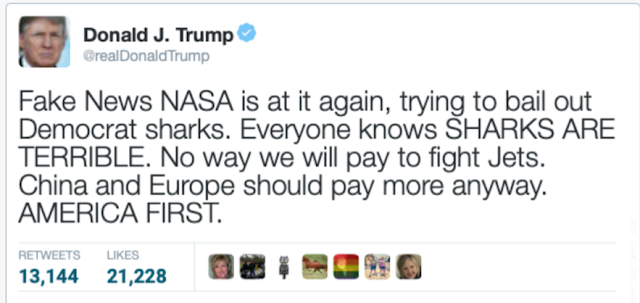Dorf on Law Classic: Travel Ban 1.0
by Michael C. Dorf As 2018 and soon, two full years of the Trump presidency draw to a close, for my latest installment of DoL Classic , I offer my reaction to the first version of Trump's Travel Ban, which originally ran as Malevolence and Incompetence, But Also Post-Hockery, Explain Trump's Cruel Executive Orders . The SCOTUS upheld the third version of the ban in June of this year. By then, few of us who thought all three versions were unconstitutional had changed our minds about that, but we might have calmed down a bit. Re-reading about the initial version -- which, let's be honest, was a necessary condition for the existence of the subsequent versions -- has the salutary effect of reboiling the blood. That's obviously not a salutary effect on one's mental health, but it may be good for the body politic. It's important to try to hold onto the many reasons for our white-hot rage at Trump, even if it's unhealthy to feel white-hot rage all the time. Hap...




